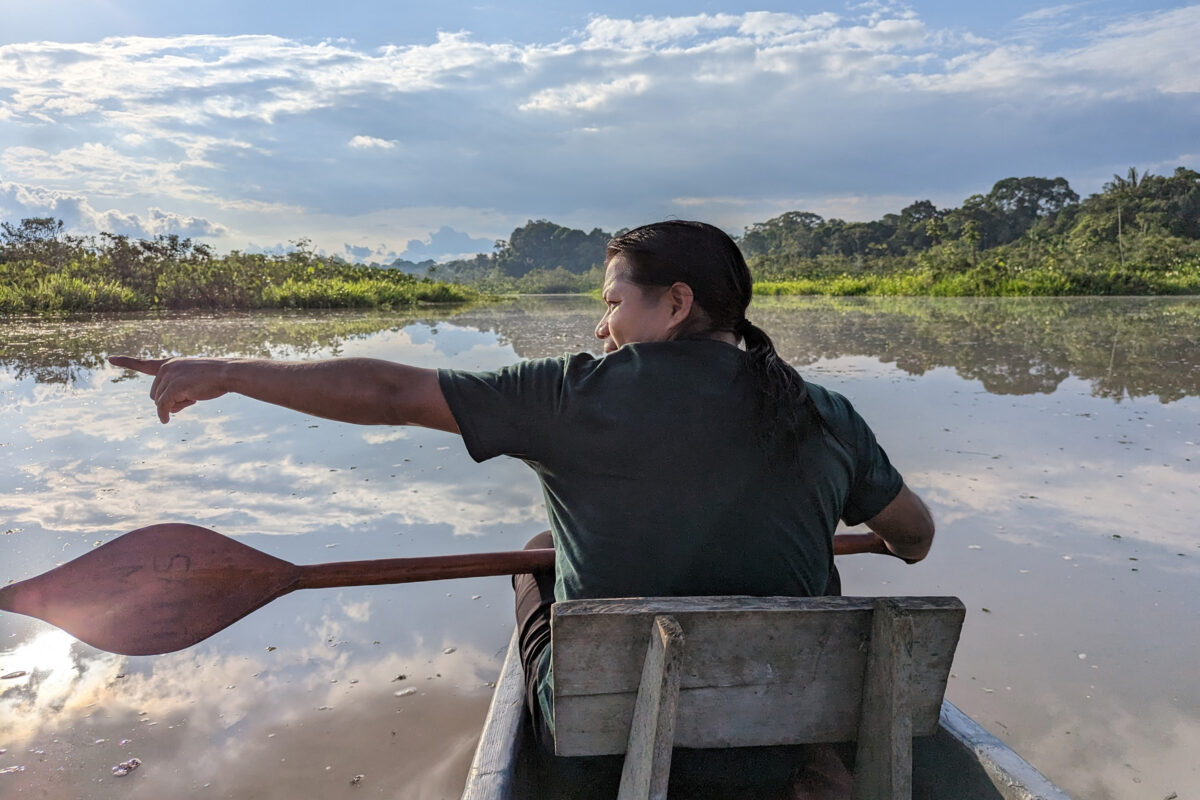“You are the enemy.”
“You must stop writing about palm oil.”
Such were the words directed at me by a Malaysian palm oil company executive, flanked by two bodyguards, in an elevator in the late 2000s.
Though it wasn’t the most menacing incident I’ve encountered in my reporting (e.g. https://bit.ly/44PtpSL), it epitomizes the intimidation journalists regularly endure.
And it can be much worse. As per the Committee to Protect Journalists (CPJ), 263 journalists were killed in retaliation for their work globally in the decade ended August 31, 2022. Almost 80% of these cases saw no one brought to justice.
In addition to violence, journalists across the globe encounter harassment, intimidation, surveillance, hacking, and imprisonment on concocted charges. Environmental journalists, given their sensitive beats and the often adversarial political environments they operate in, are especially at risk.
Mongabay understands the inherent dangers of reporting on environmental concerns from Nature’s frontline. Yet, we are convinced of the pressing need for transparency and accountability among natural resource industries, their governing bodies, and end beneficiaries. The absence of timely and accurate information stymies efforts to address the global challenges we collectively face. By working to fill these information gaps, Mongabay aims to challenge the growing atmosphere of impunity for ecological degradation and immediate threats to environmental defenders.
Mongabay’s commitment to upholding freedom of expression, juxtaposed against global shifts towards authoritarianism, dwindling press freedoms, and economic instability, can limit our reporters’ capacity to safely operate in countries where independent journalism is paramount. The fourth pillar of our 2030 strategic plan (https://bit.ly/3Y8iVvn) therefore prioritizes the safety and well-being of everyone associated with the organization.
To bolster the safety of our journalists and their informants, our roadmap includes several measures:
• Recognizing that risk evaluation should not only cater to staff but also extend to contributors affiliated with Mongabay and the sources cited in our articles. These sources, by virtue of interacting with journalists, could be exposing themselves to potential risks, sometimes without full awareness of the consequences.
• Establishing a standing safety committee that reflects a diverse range of staff roles and geographic locations.
• Institutionalizing risk management and protective measures prior to publication.
• Instituting an incident log to chronicle events across the organization, thereby enhancing access to shared knowledge.
• Working to ensure access to security training
• Including support for trauma-informed journalism in the design of projects with a higher likelihood of encountering traumatic situations. Trauma includes distress associated with ongoing reporting about planetary crises.
Environmental journalism can be dangerous work. We aim to reduce the risk.

